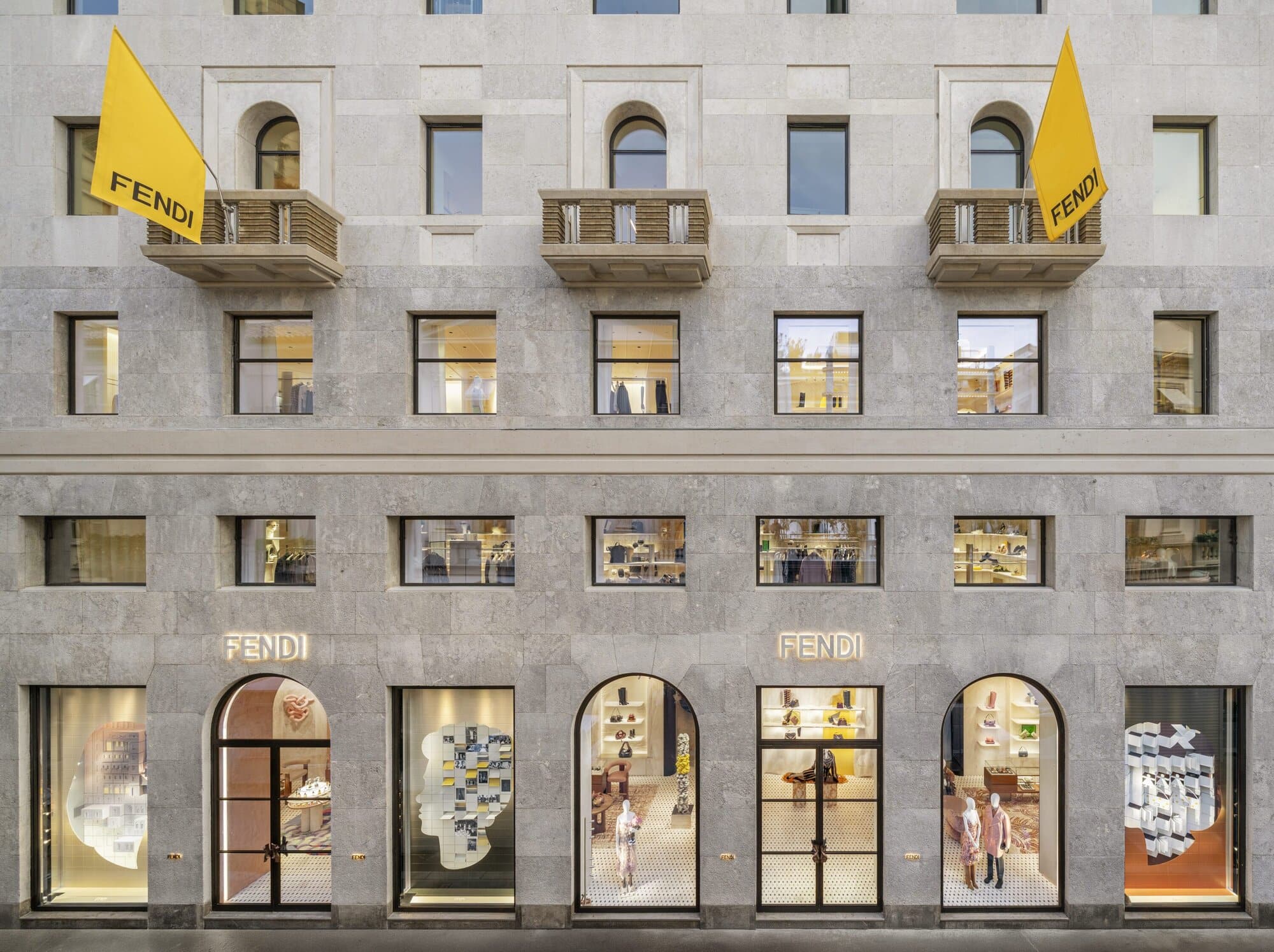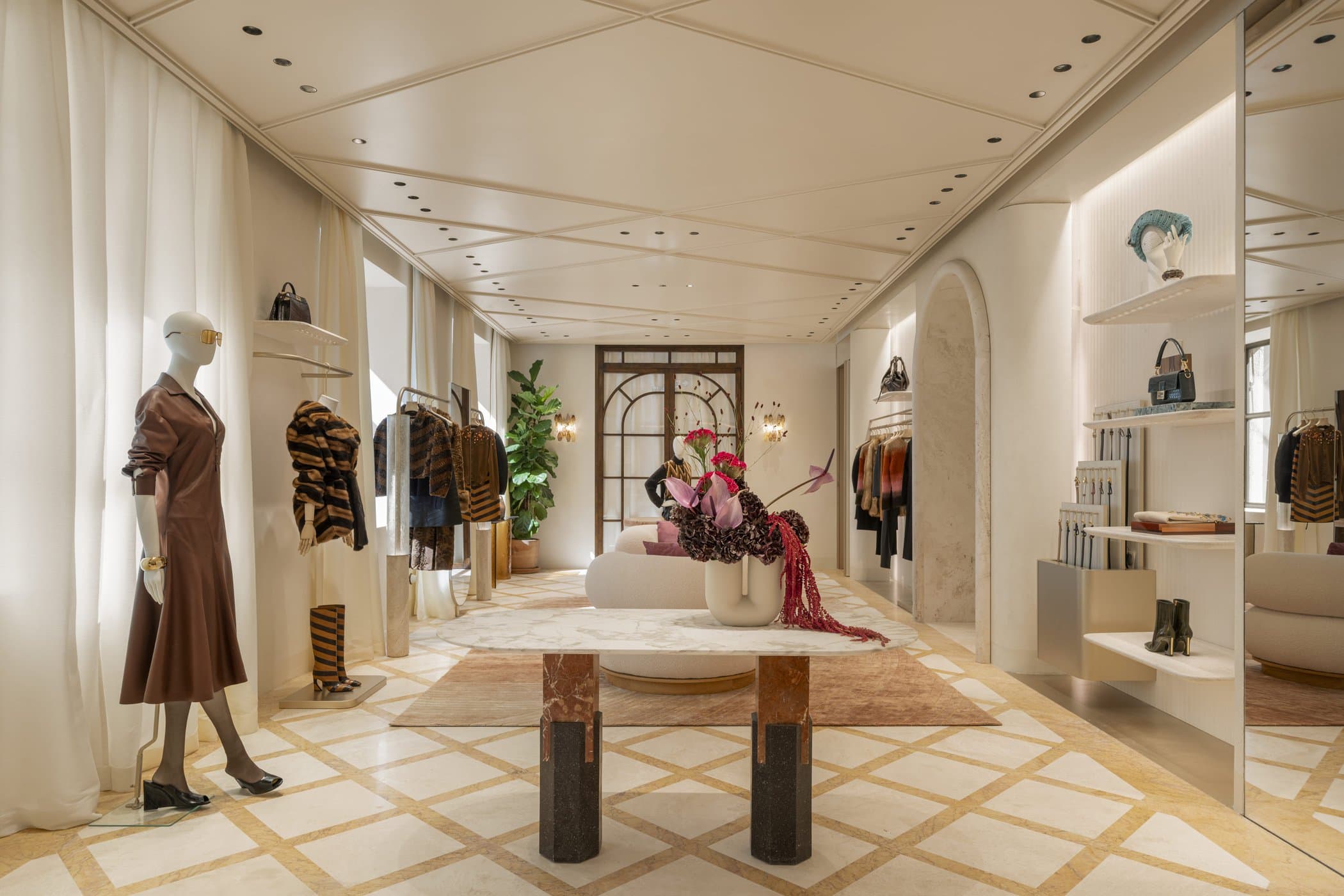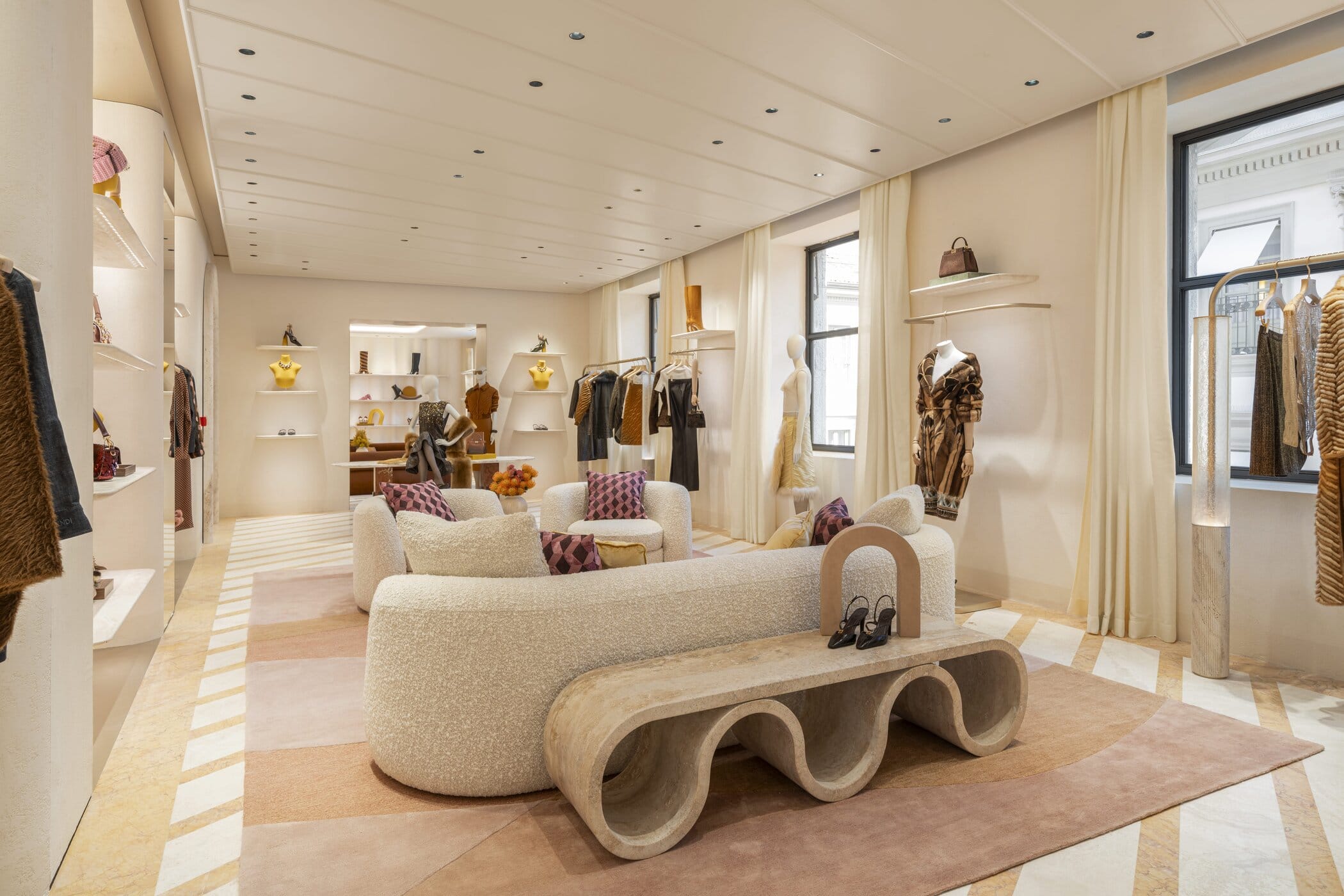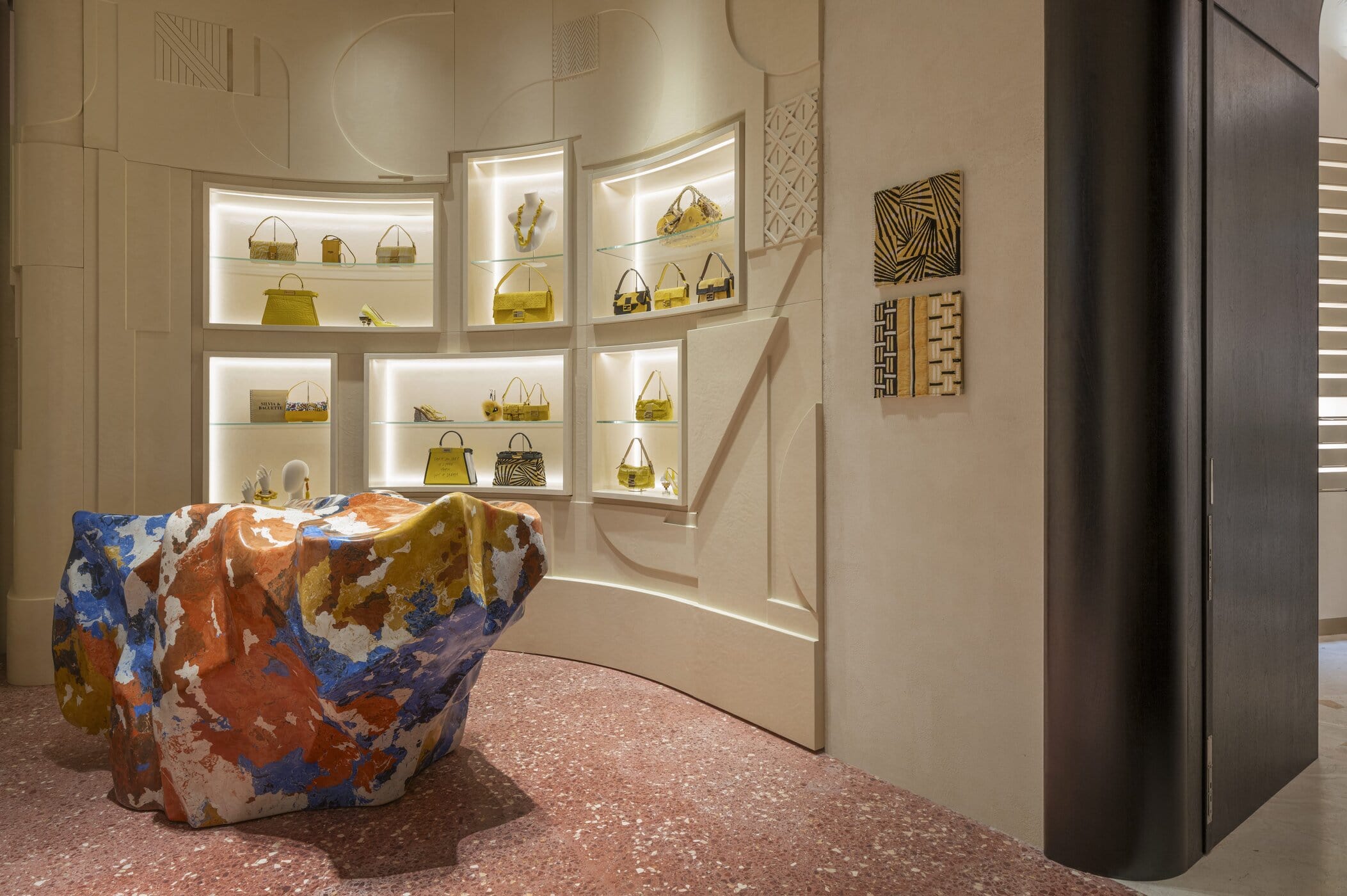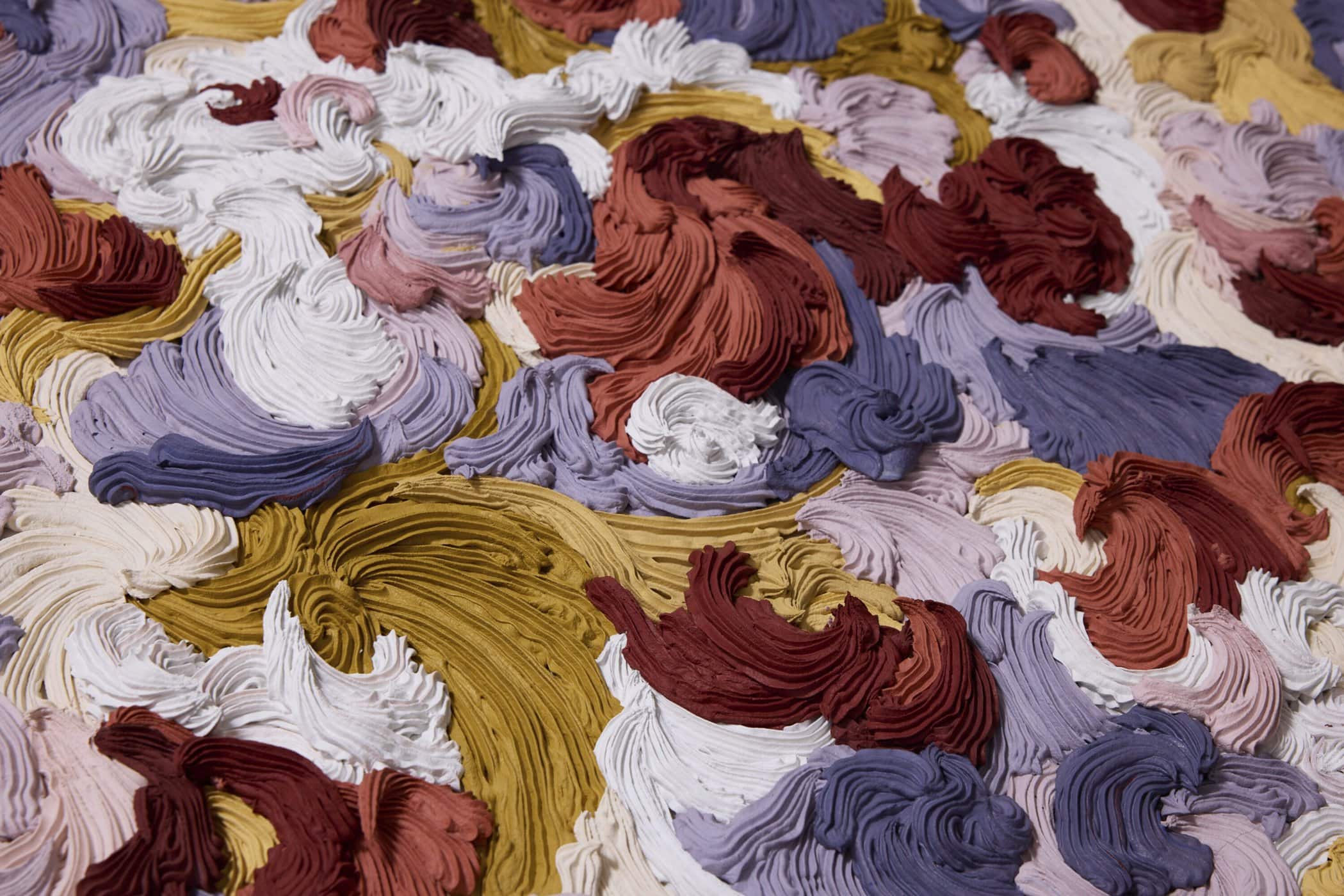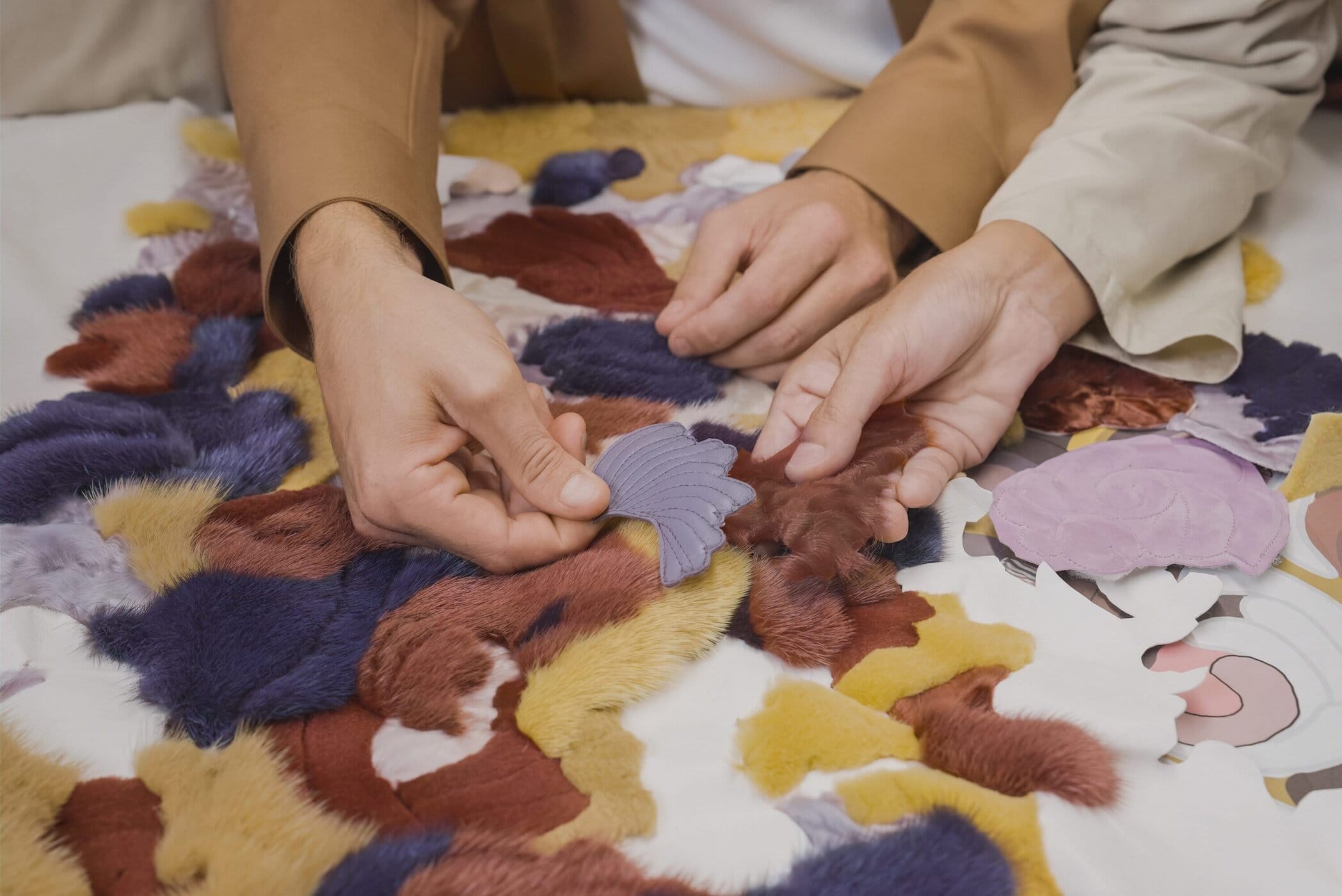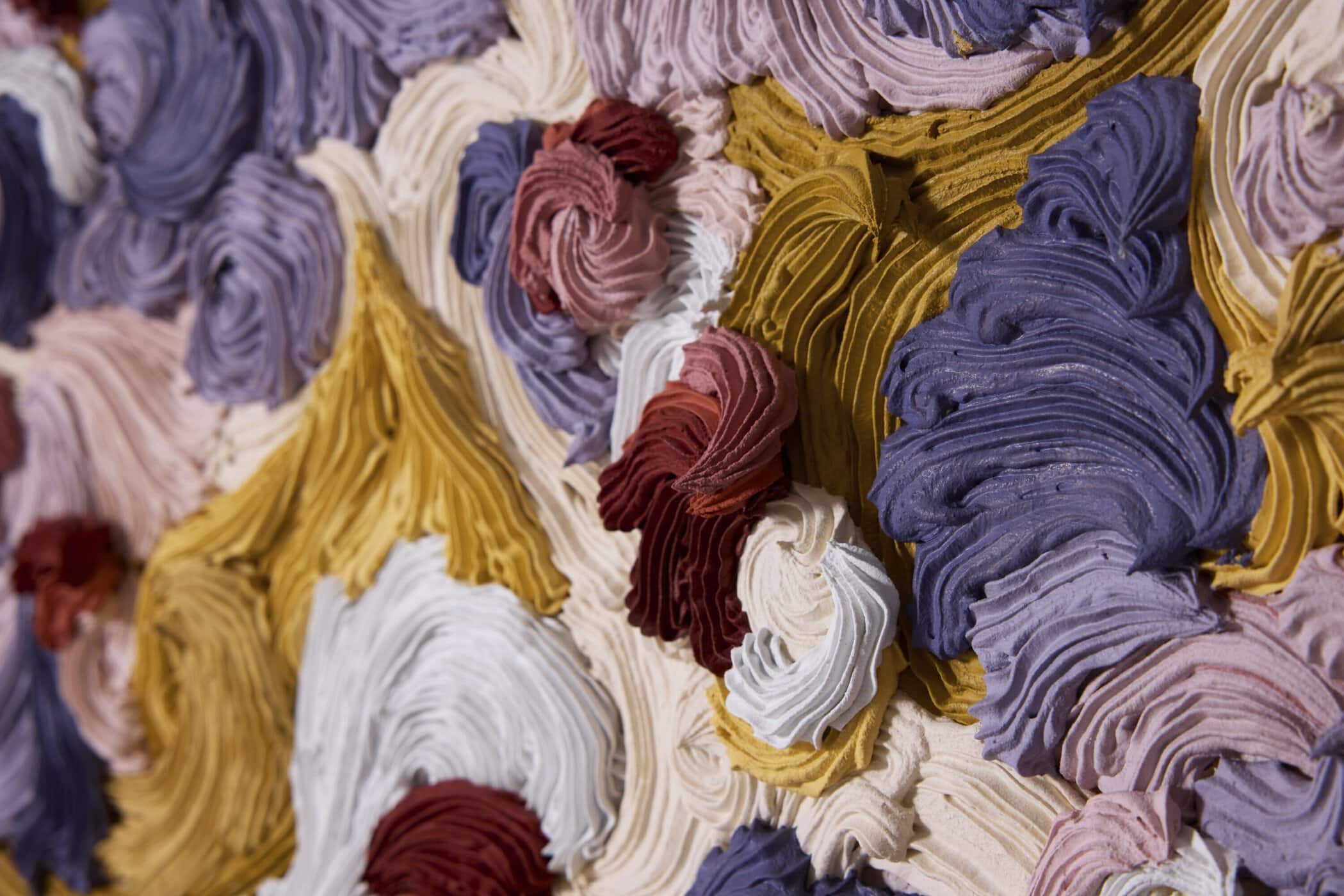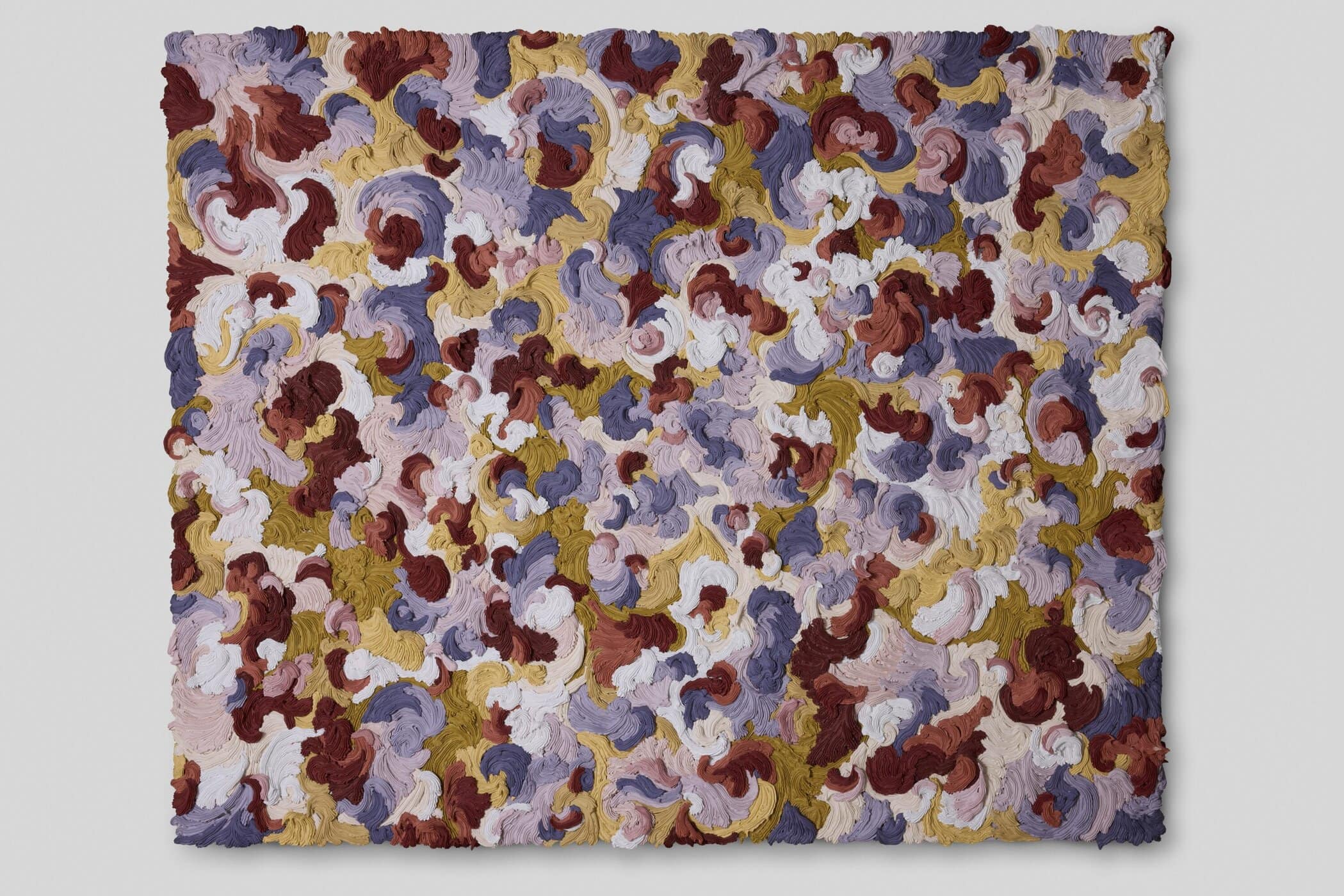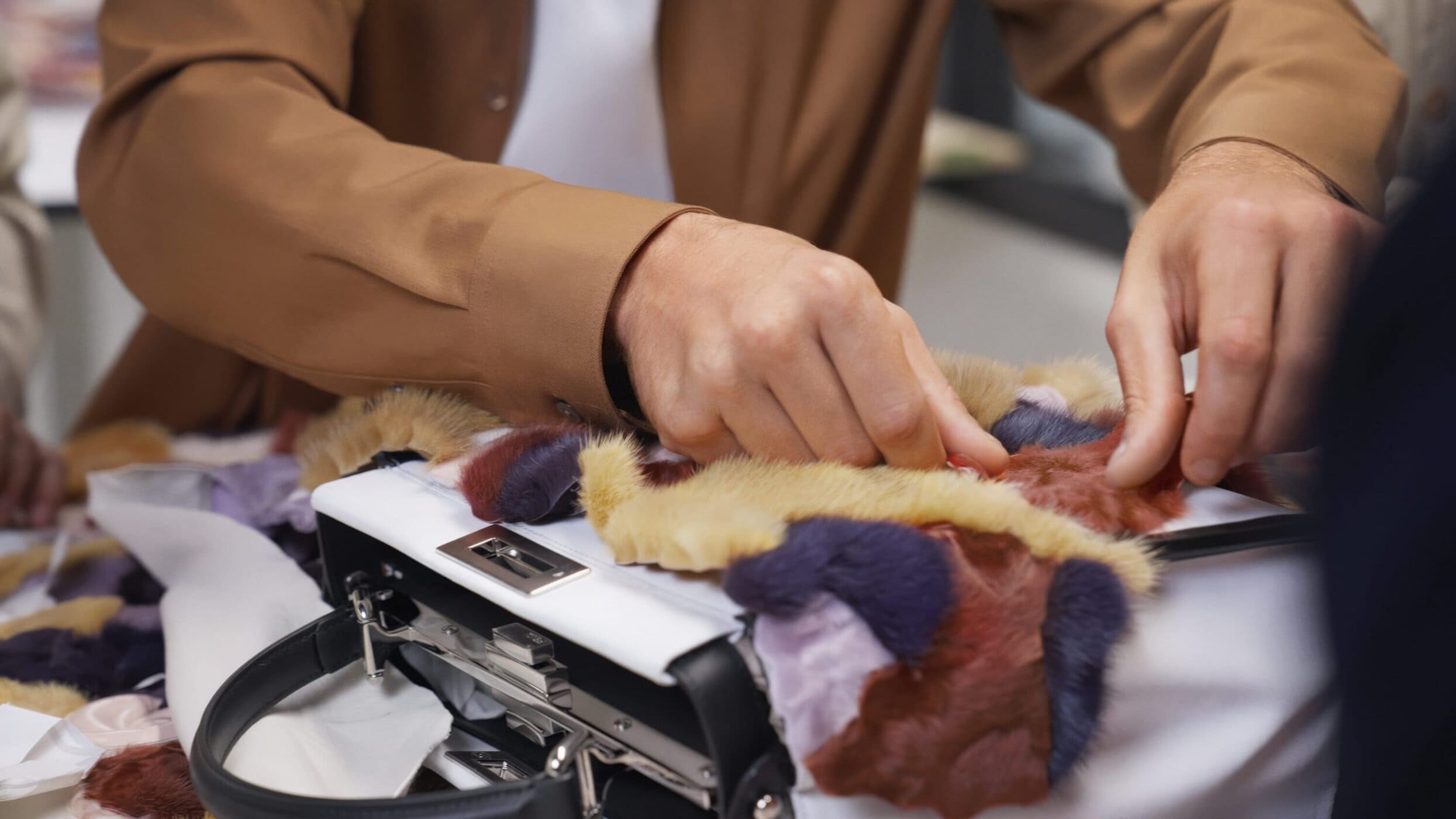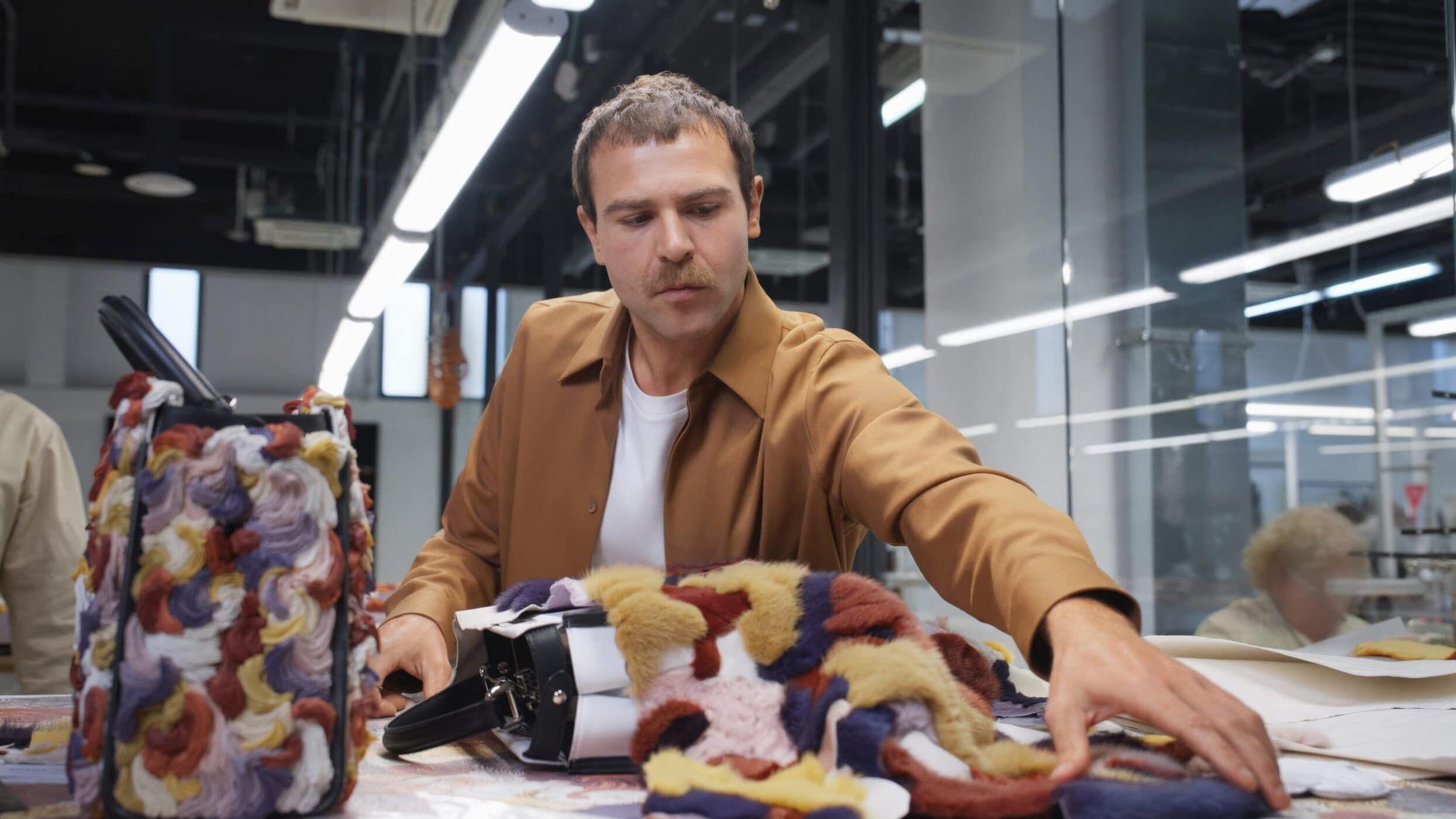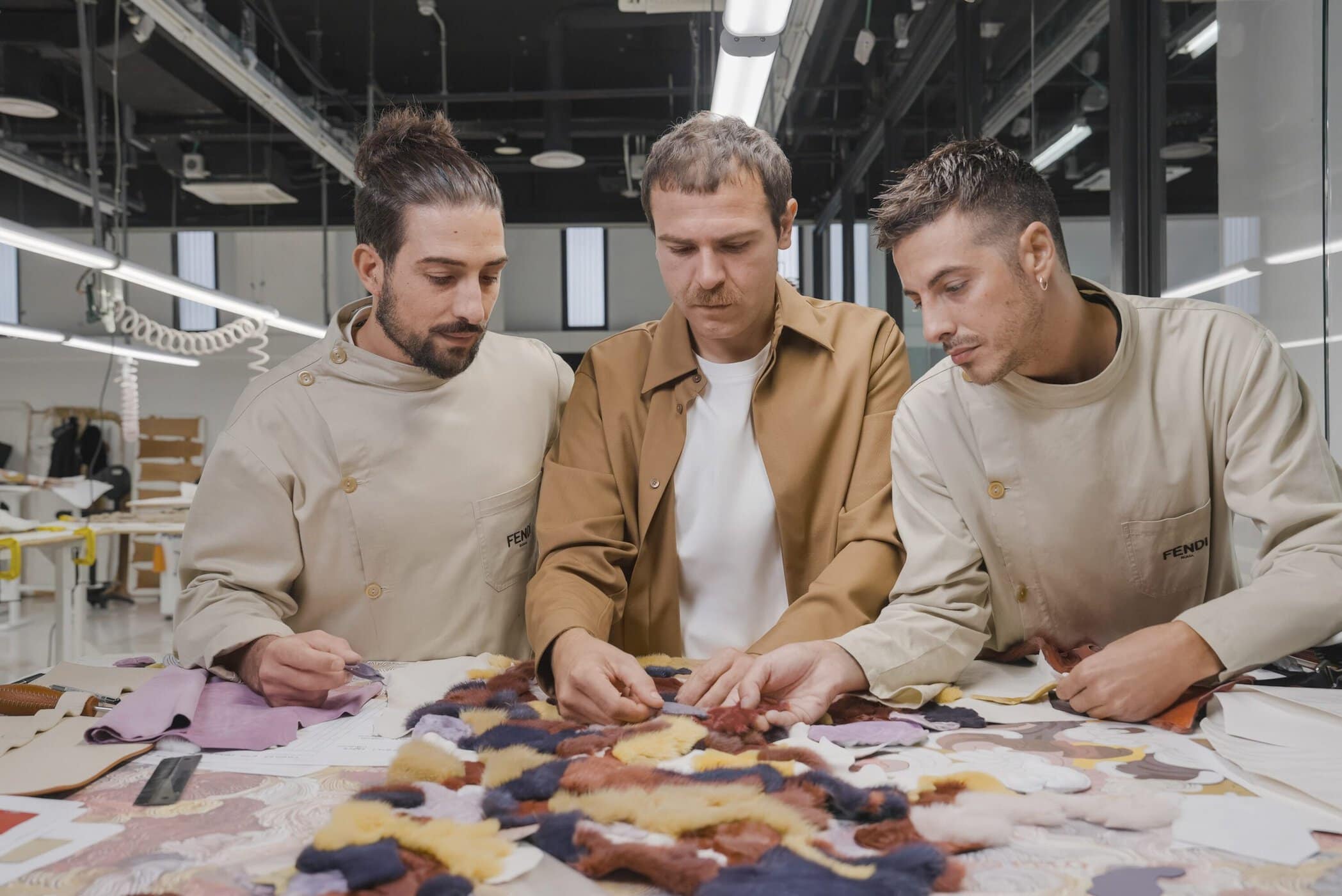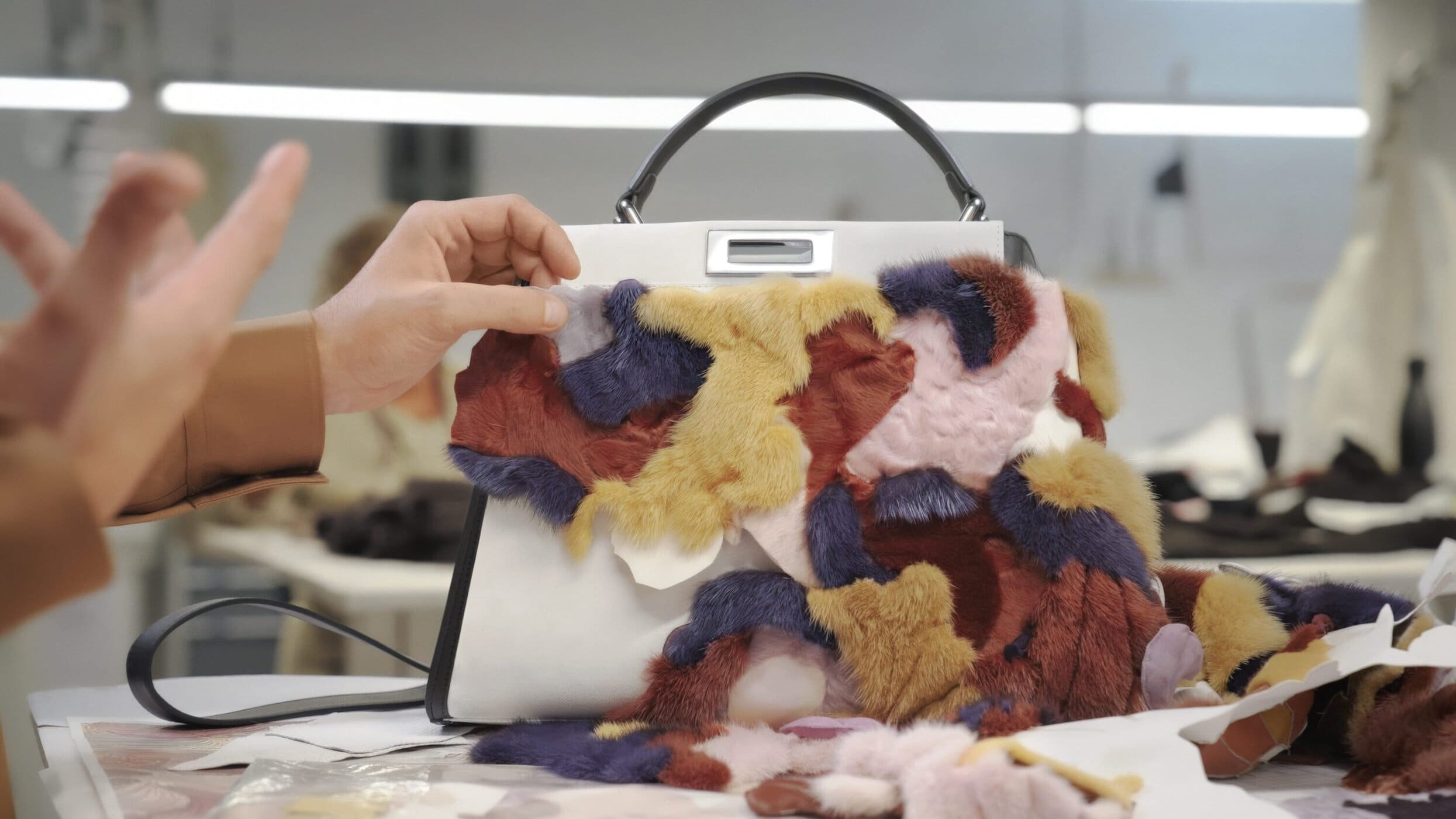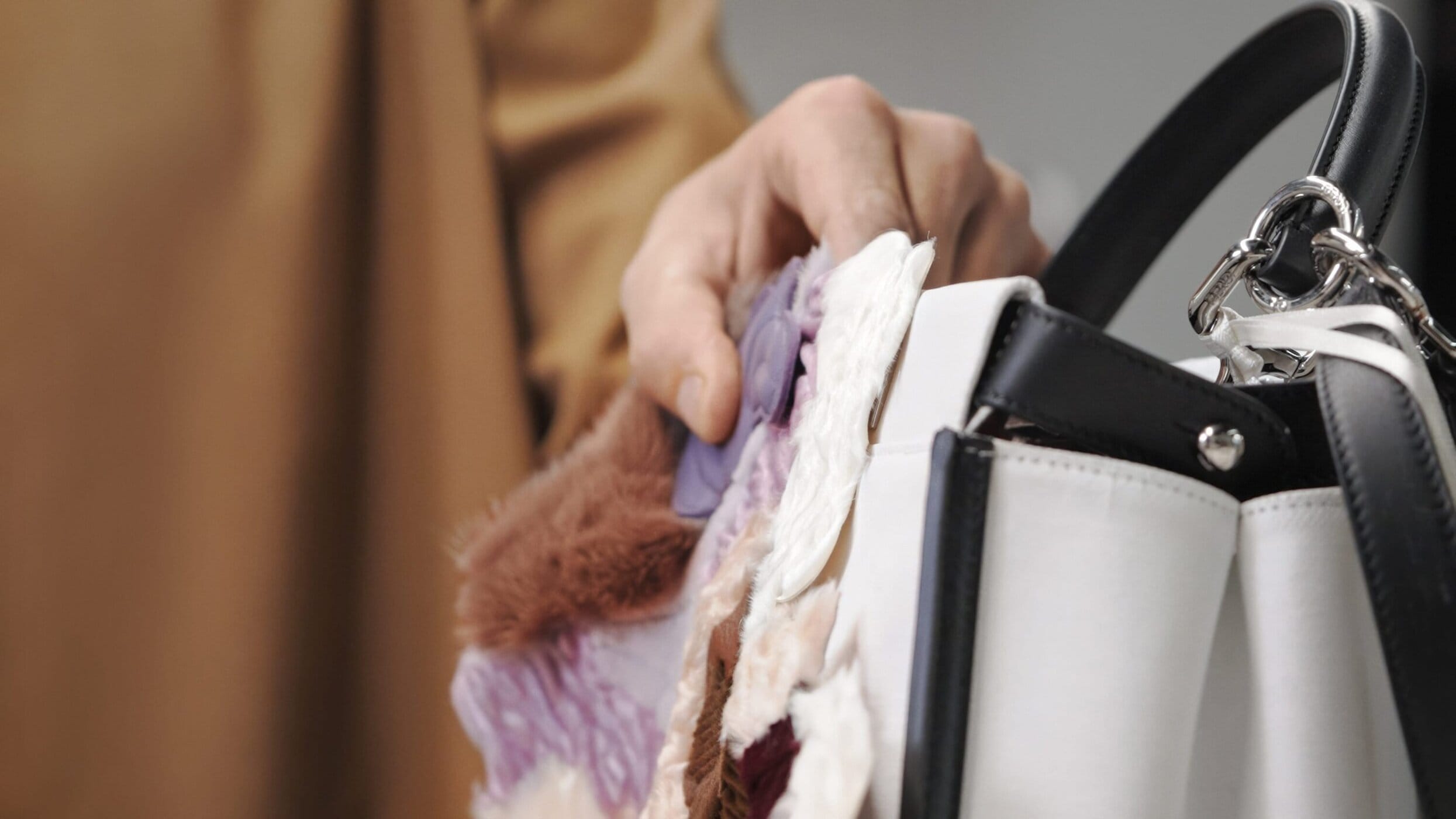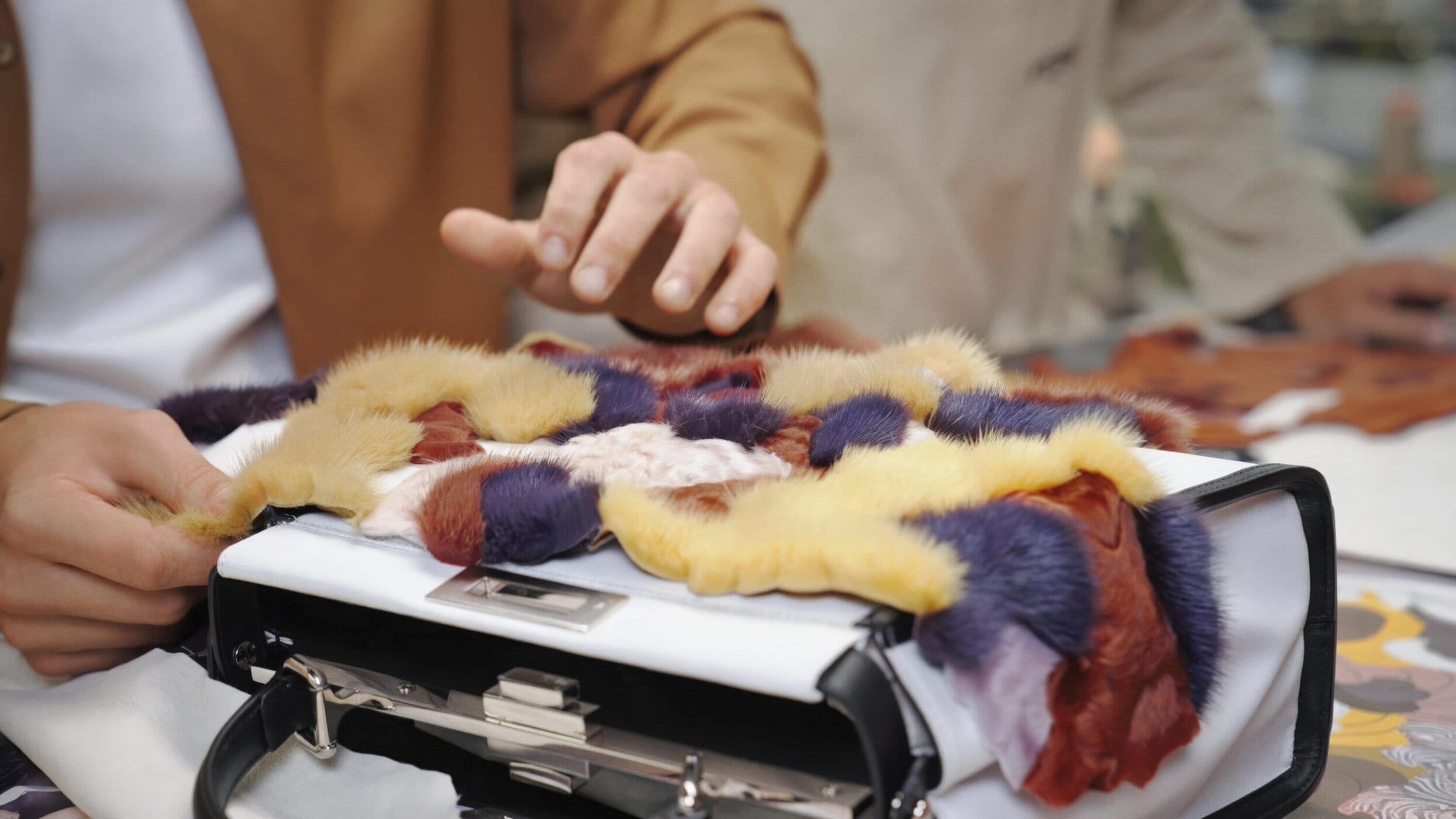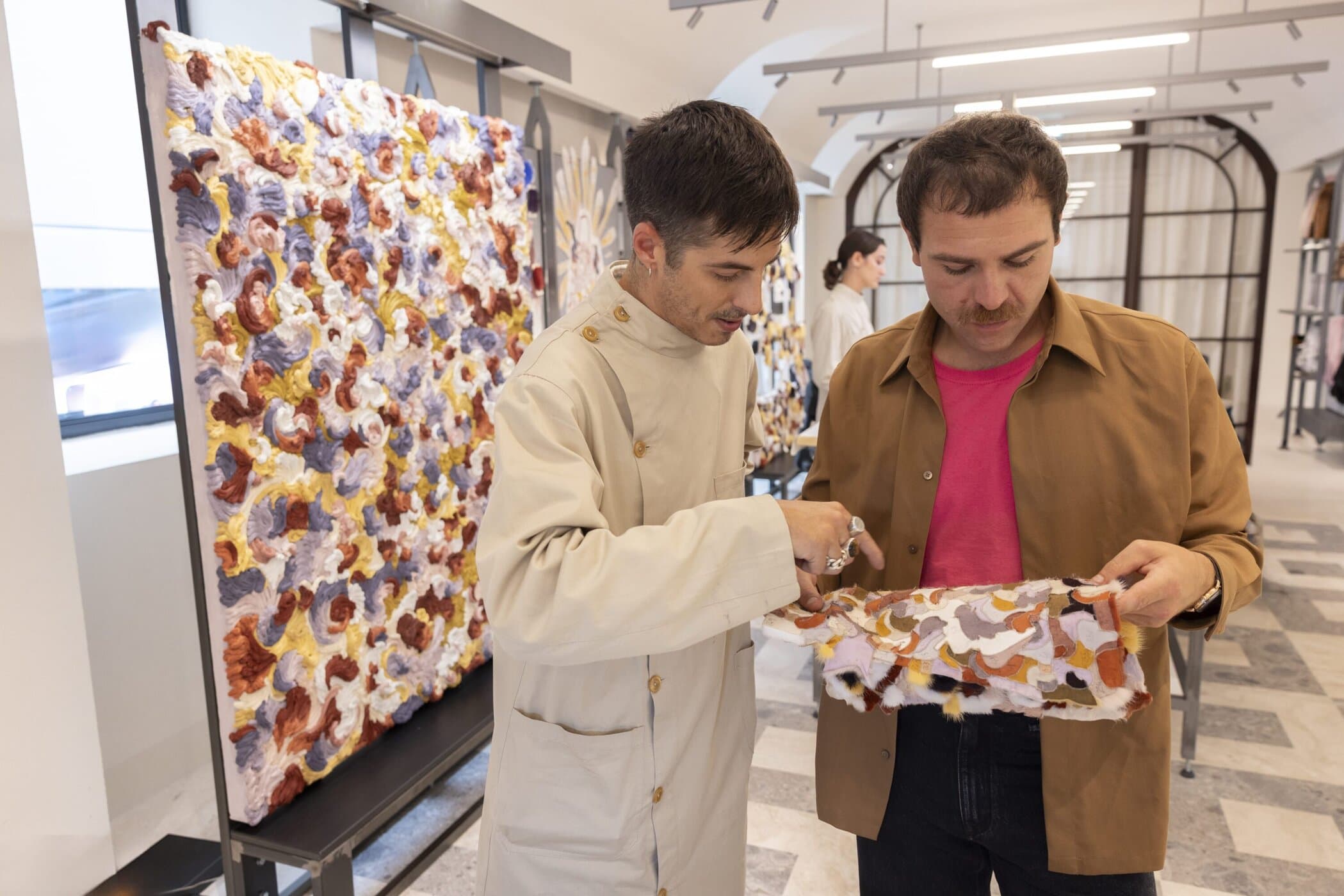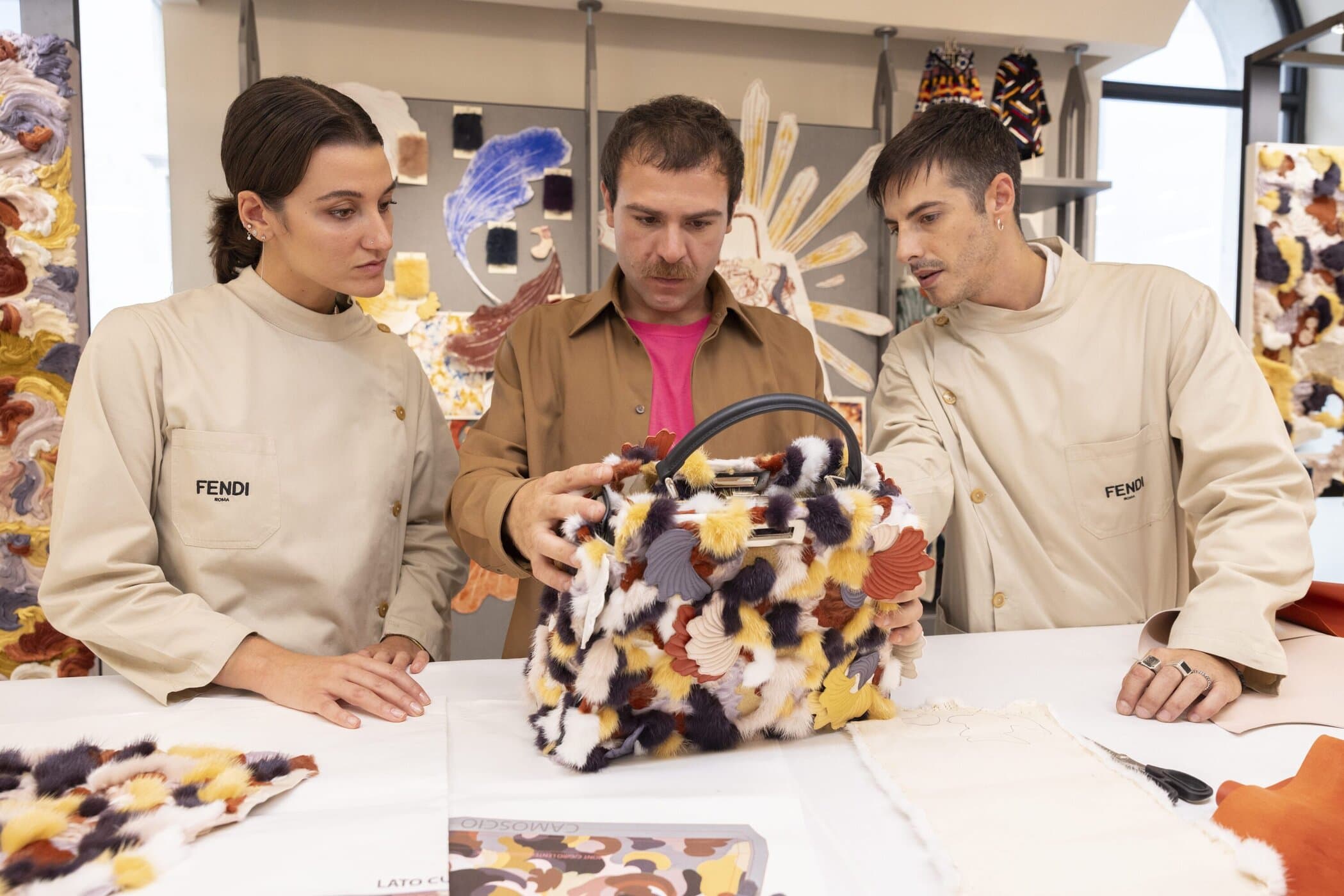Windows across Via Montenapoleone honor Adele Casagrande Fendi and the five sisters who shaped the maison
Fendi marks its centennial in Milan with a new flagship, a women-led window tribute, and a live craft-meets-art program
“The Fendi story is a female one,” says Silvia Venturini Fendi—and the house is putting that history front and center in Milan. Beginning September 24, 2025, the newly opened Palazzo Fendi Milano debuts a city-spanning set of windows that honor the women who built the maison: founder Adele Casagrande Fendi and her five daughters. The installation, wrapping the rationalist landmark at the corner of Via Montenapoleone and Corso Matteotti, traces a century of female authorship—from Adele’s 1925 beginnings to the sisters’ postwar reinvention, their partnership with Karl Lagerfeld, and the global expansion that followed.
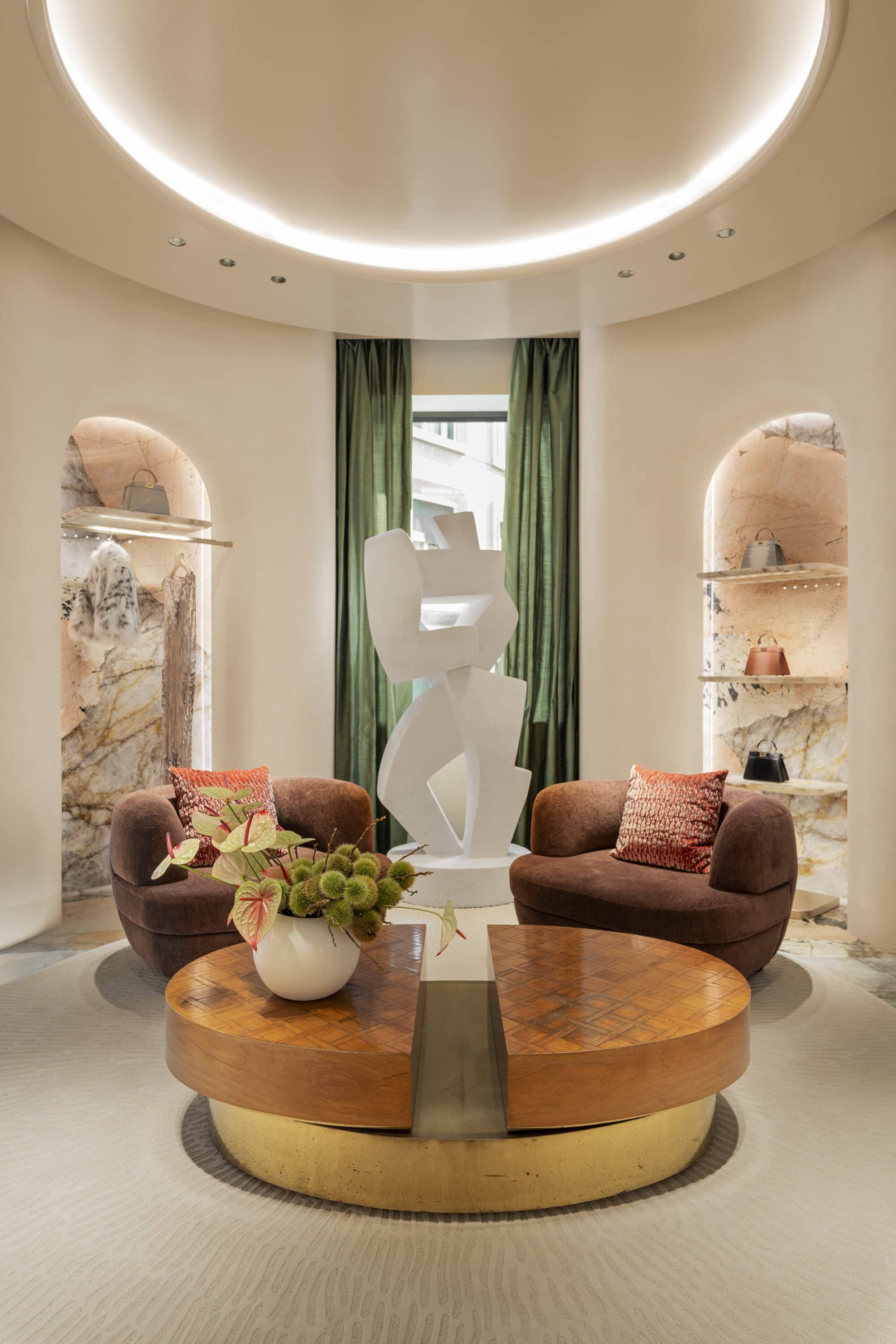
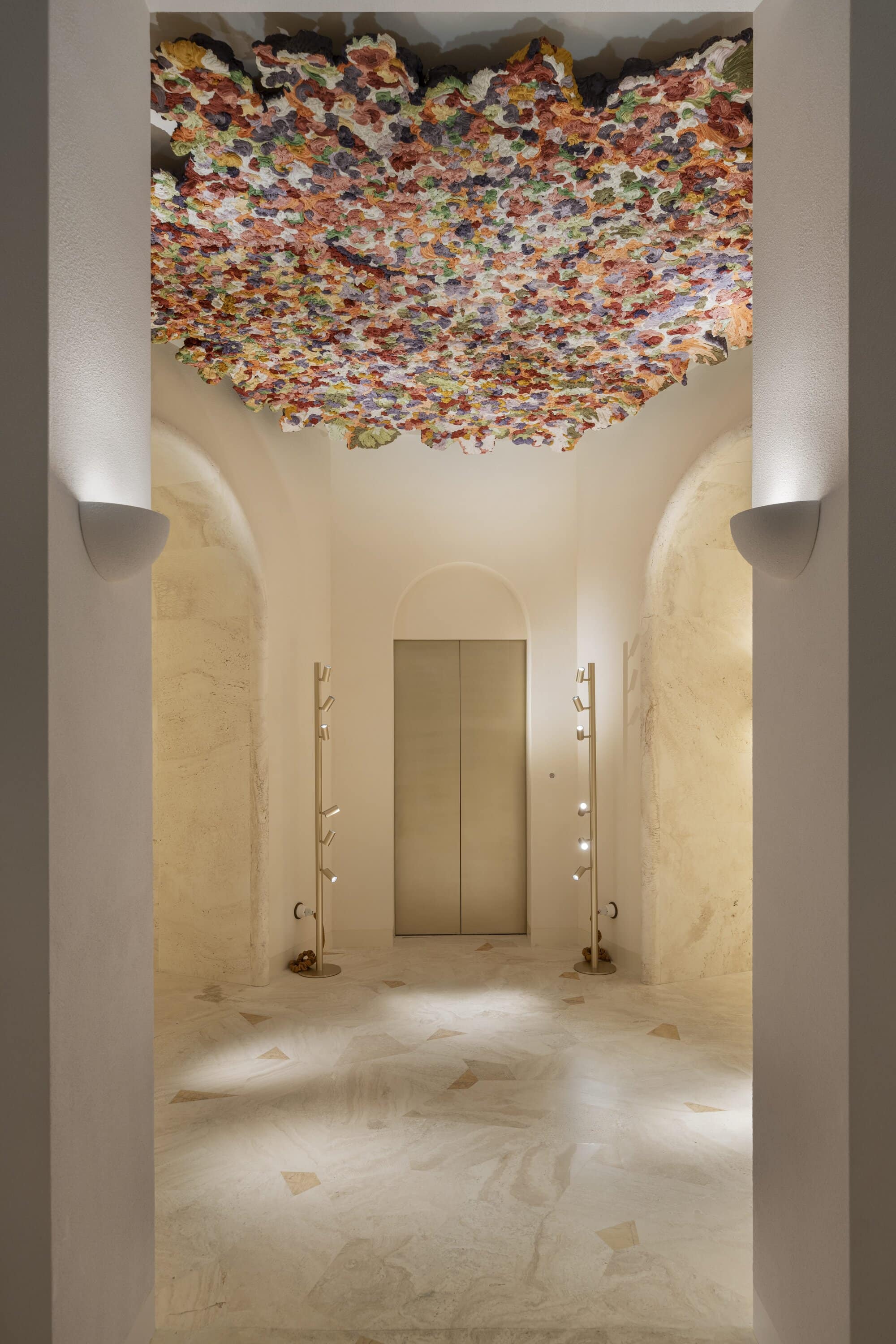
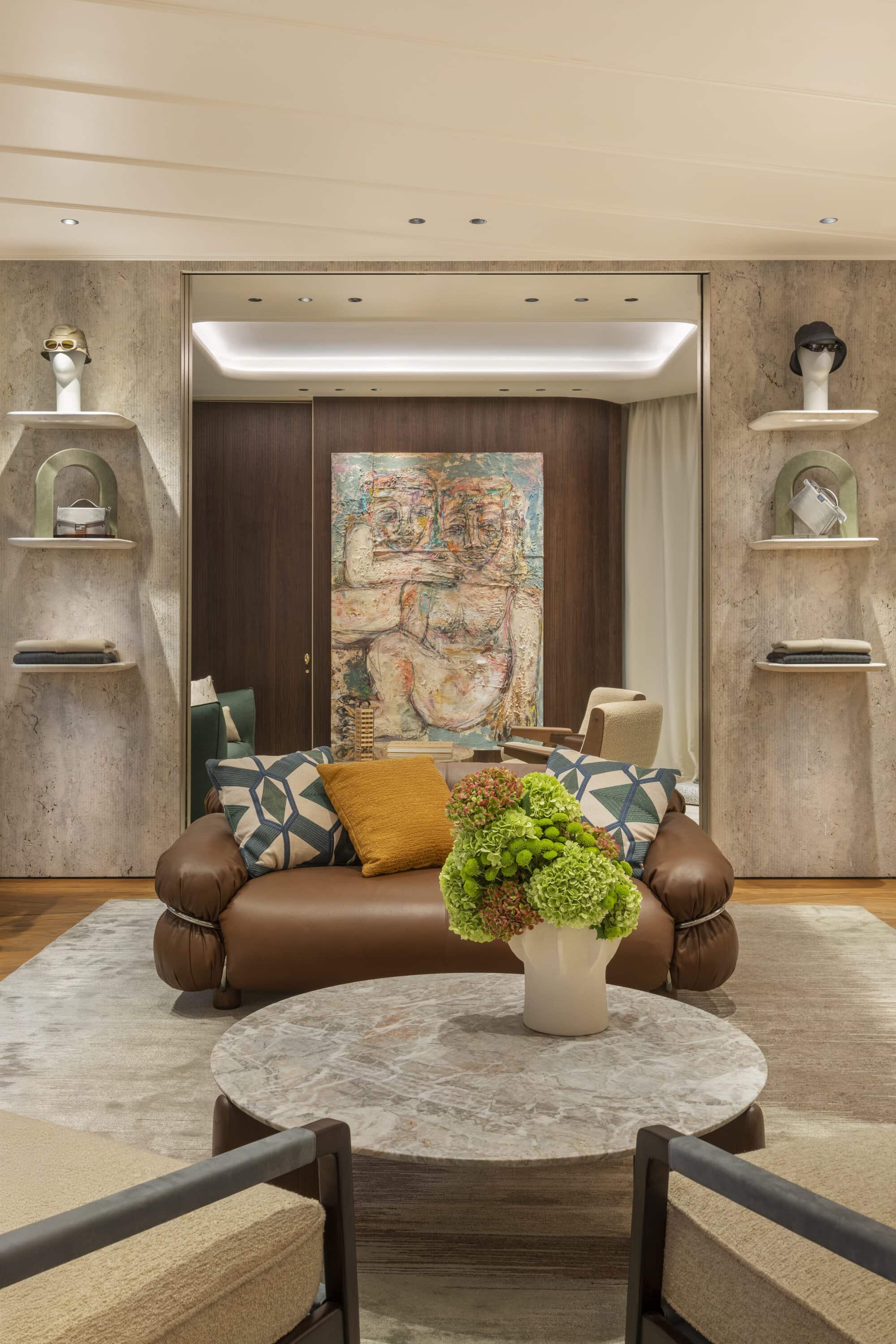
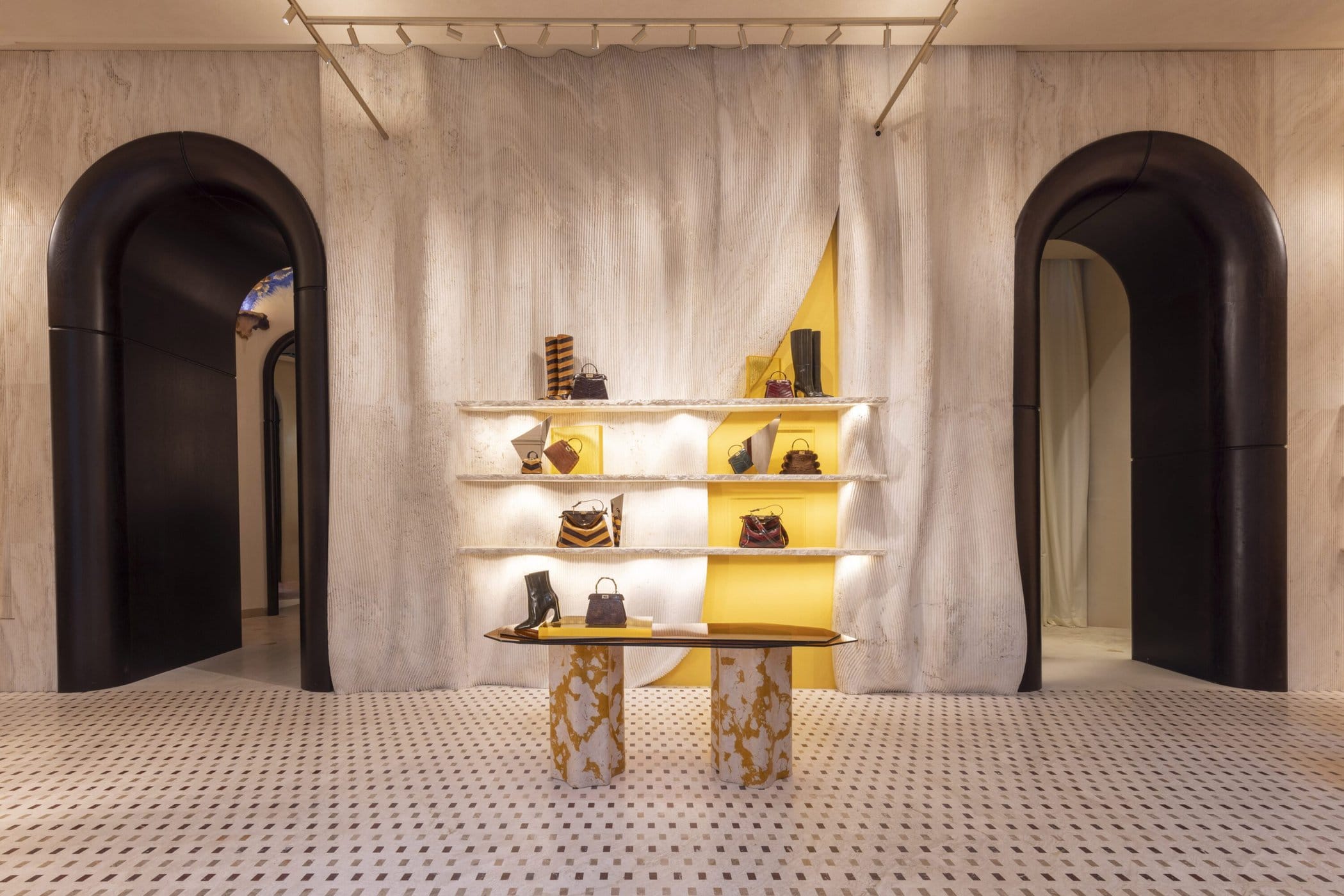
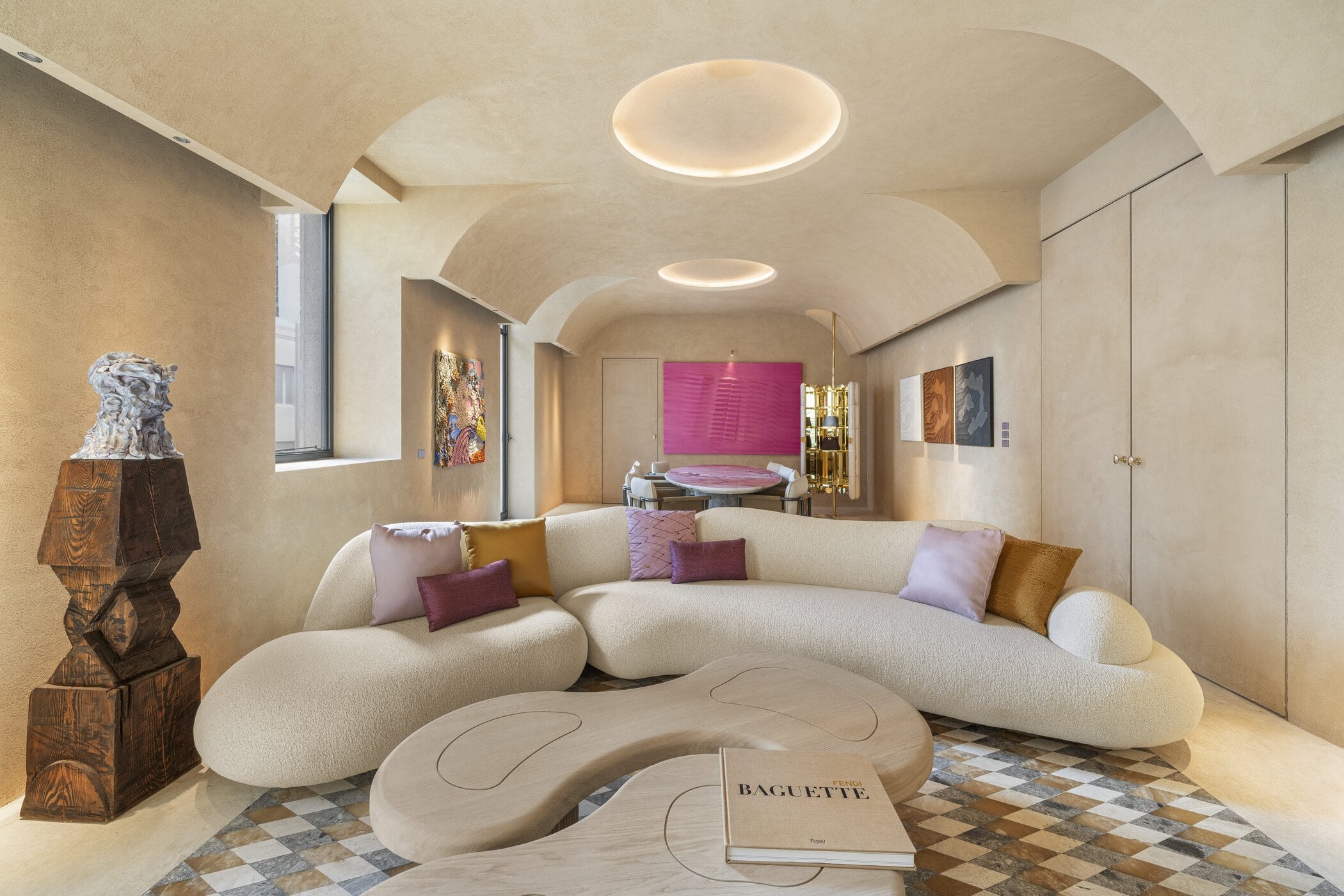
Palazzo Fendi Milano itself anchors the celebration. Originally designed by architect Emilio Lancia (1933–1936), the historic building has been reimagined as Fendi’s Milanese destination: a 910-square-meter boutique across four floors, including an in-house Atelier, plus three Langosteria dining concepts on the upper levels. The façade’s arches and squared windows remain intact; new house signatures arrive via discreet logo work and organic door handles shaped after the fluidity of leather.
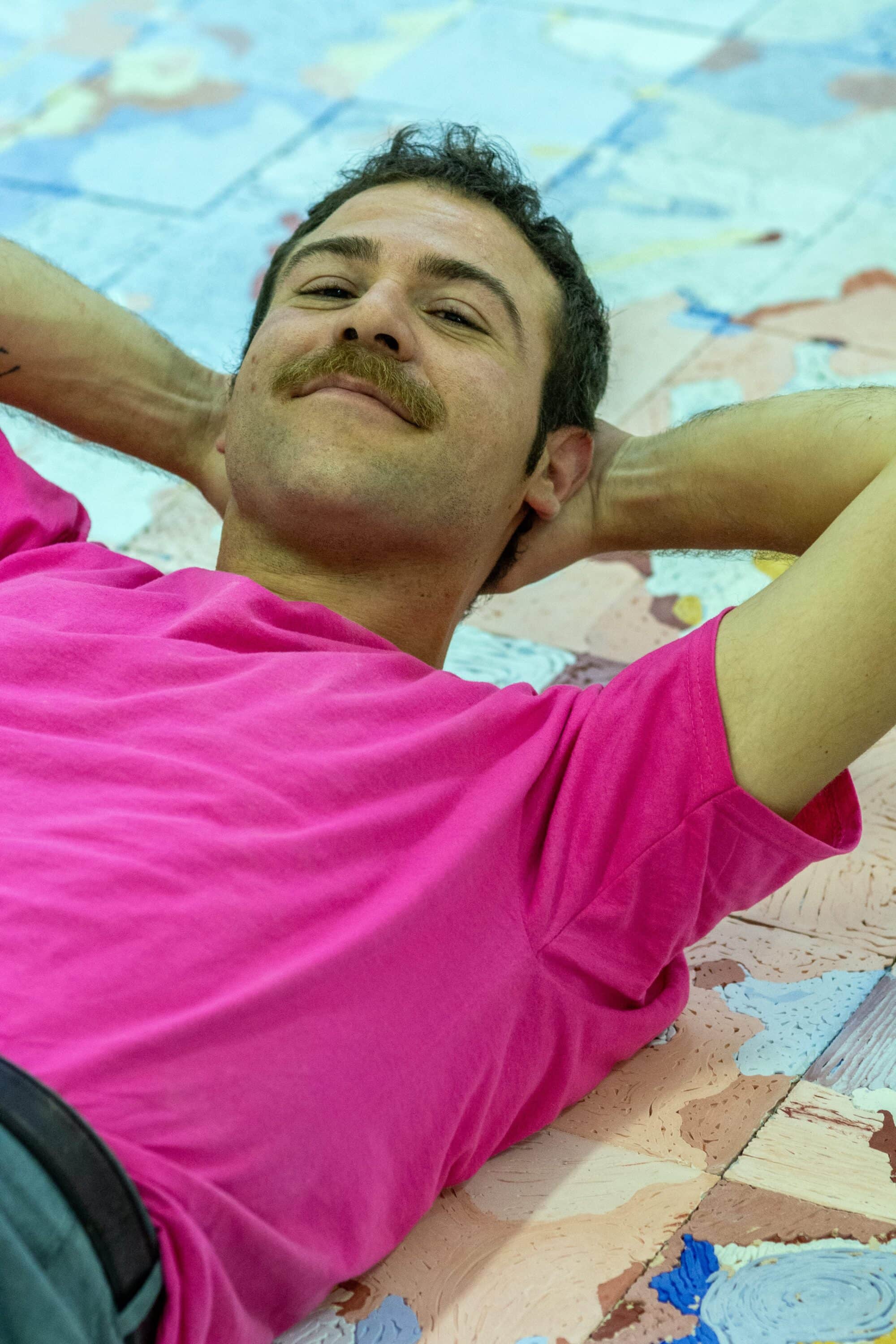
Inside, Fendi’s Architecture Department merges 1930s Milanese interiors with Roman references and house codes. Curves inspired by fur craftsmanship echo through arched thresholds; Ancient Roman-influenced marbles meet the clean lines of Milan’s staircases; and restored period elements sit alongside commissions from Fondazione Officine Saffi, Fondazione Arnaldo Pomodoro, and Mazzoleni and Secci galleries. Highlights include a sculptural travertine feature wall, an enamelled ceramic column by Anton Alvarez, frescoes and vaulted interventions by Edoardo Piermattei, and a mosaic of materials—travertino, Rosso Lepanto, Breccia Oniciata—laid in domus-style geometries.
The ground floor welcomes guests with women’s accessories beneath walnut arches and ribbed travertine walls; a hexagonal core retains Lancia’s original stairwell, now paired with pink glass rhombi and a Cuoio Romano handrail with Selleria stitching. Men’s and Kids occupy the first floor, where travertino silver, teak parquet, and anastilosis-inspired displays set a textured rhythm. A perforated nickel door leads to the Men’s VIP room; a Luke Edward Hall wallpaper anchors the try-on suite. Couture, furs, and Women’s ready-to-wear unfold on the second floor in lacquered ivory tones, travertino arches, and soft, sinuous furnishings with Roman-Milanese material dialogues. Two rounded VIP salons, including a High Jewelry room, bring daylight and art into private appointments. On the third floor, the Fendi Atelier becomes a working temple to fur and leather savoir-faire, with artisans crafting and personalizing pieces amid opus-sectile marble patterns. A Pantheon-inspired foyer ushers clients into the Fendi Apartment—a cocooning VIP suite where works by Agostino Bonalumi and Arnaldo Pomodoro converse with a Raku-crafted bar cabinet.
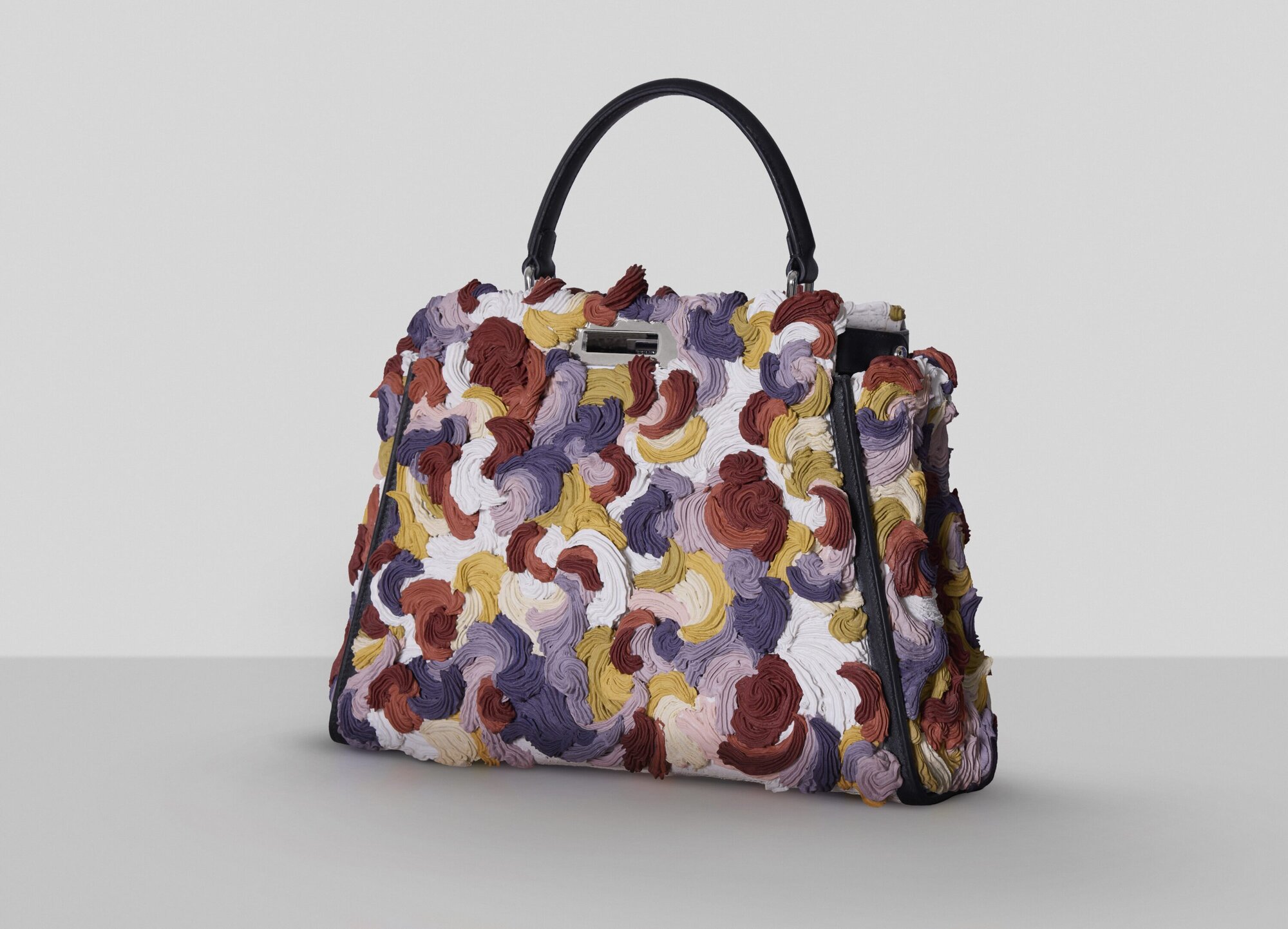
Launching with the boutique, Fendi unveils Rock the Craft, a live, cross-disciplinary program that pairs artist Edoardo Piermattei with Fendi’s leather and fur artisans inside the Atelier. Piermattei’s bespoke, sac-à-poche concrete vaults—conceived for each floor—are translated into Leather and Fur Tablets through intricate inlay work, extending the visual language of softness and stratification from wall to wearable. A customized white-canvas Peekaboo, added to the house’s Peekaboo Artists series, will be displayed in store; a limited number of made-to-order Peekaboo bags, crafted from archival offcuts and inspired by the Piermattei artwork, will be available, underscoring the maison’s commitment to circularity.
By fusing a century of women’s leadership with a living atelier and site-specific art, Palazzo Fendi Milano positions craft as contemporary culture—rooted in Rome, refined in Milan, and designed for the next hundred years.
